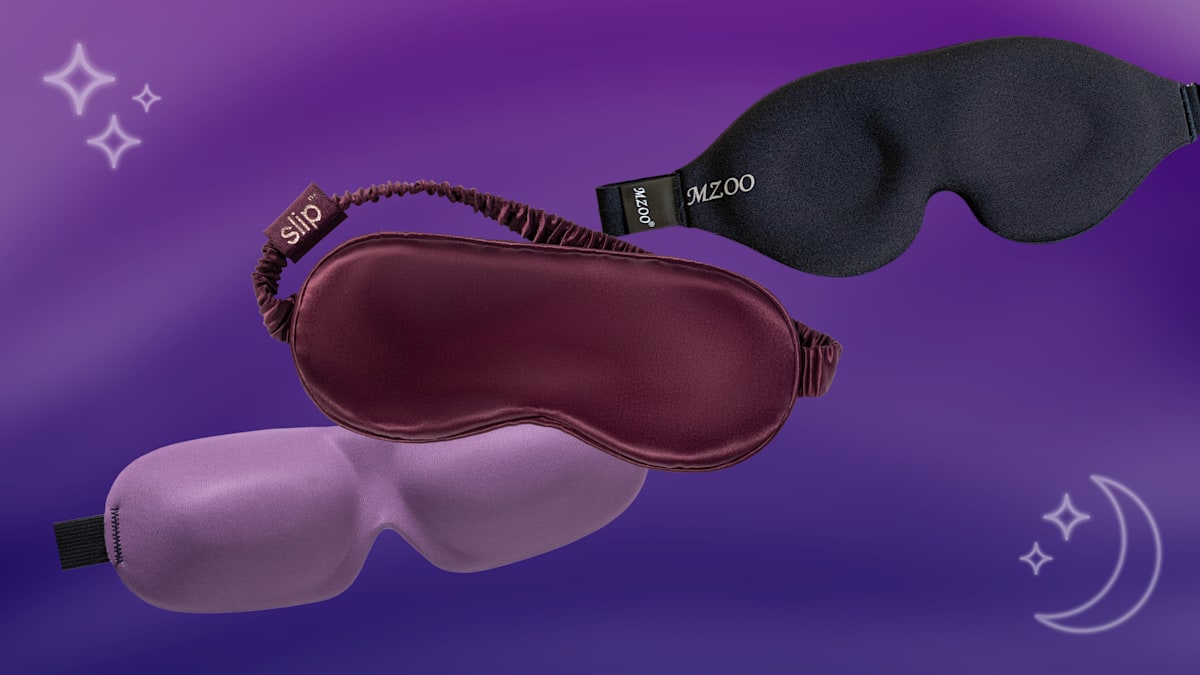
“So if it’s light [at night], our brain doesn’t get that message that it’s time to sleep,” she says. “Whether it’s coming from outside or there’s some kind of blue or white light from electronics in your bedroom, sleep masks could be helpful for making sure that your brain is not getting any light signals at night.”
Of course, you wear a sleep mask only while you’re about to actually go to sleep, so any bright blue or white light exposure in the hours before bedtime could still cause sleep issues. (This is why doctors recommend putting down the phone a couple of hours before going to bed.)
While you could certainly tie a bandana around your eyes every evening, a sleep mask is better suited to the task. But getting the right one is crucial. A bad sleep mask can put uncomfortable pressure on your eyes, fail at blocking out the light, and slip off during the night. A good one, on the other hand, can become part of a comforting nightly ritual, play a significant part in transforming your sleep quality, and help you feel more energized day to day.









